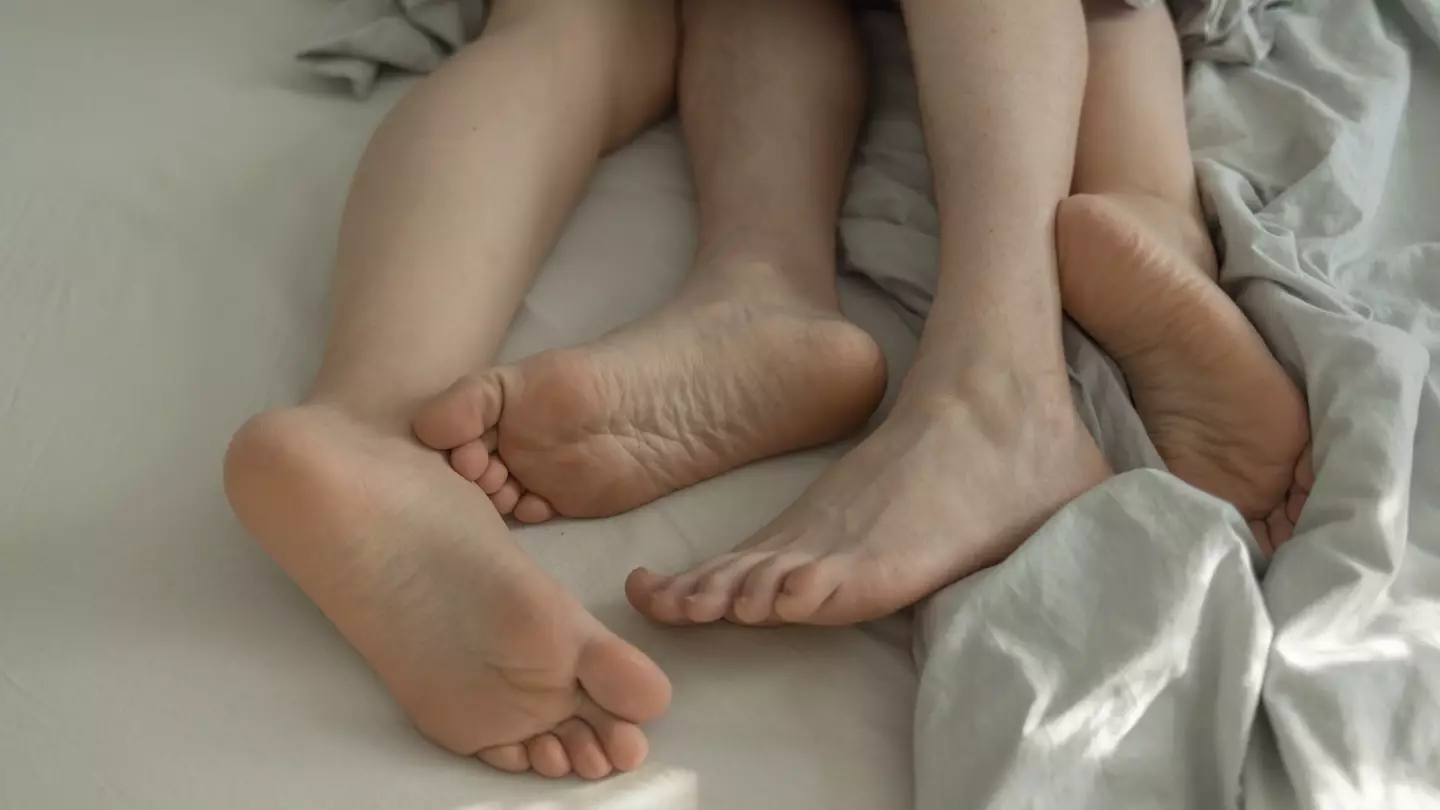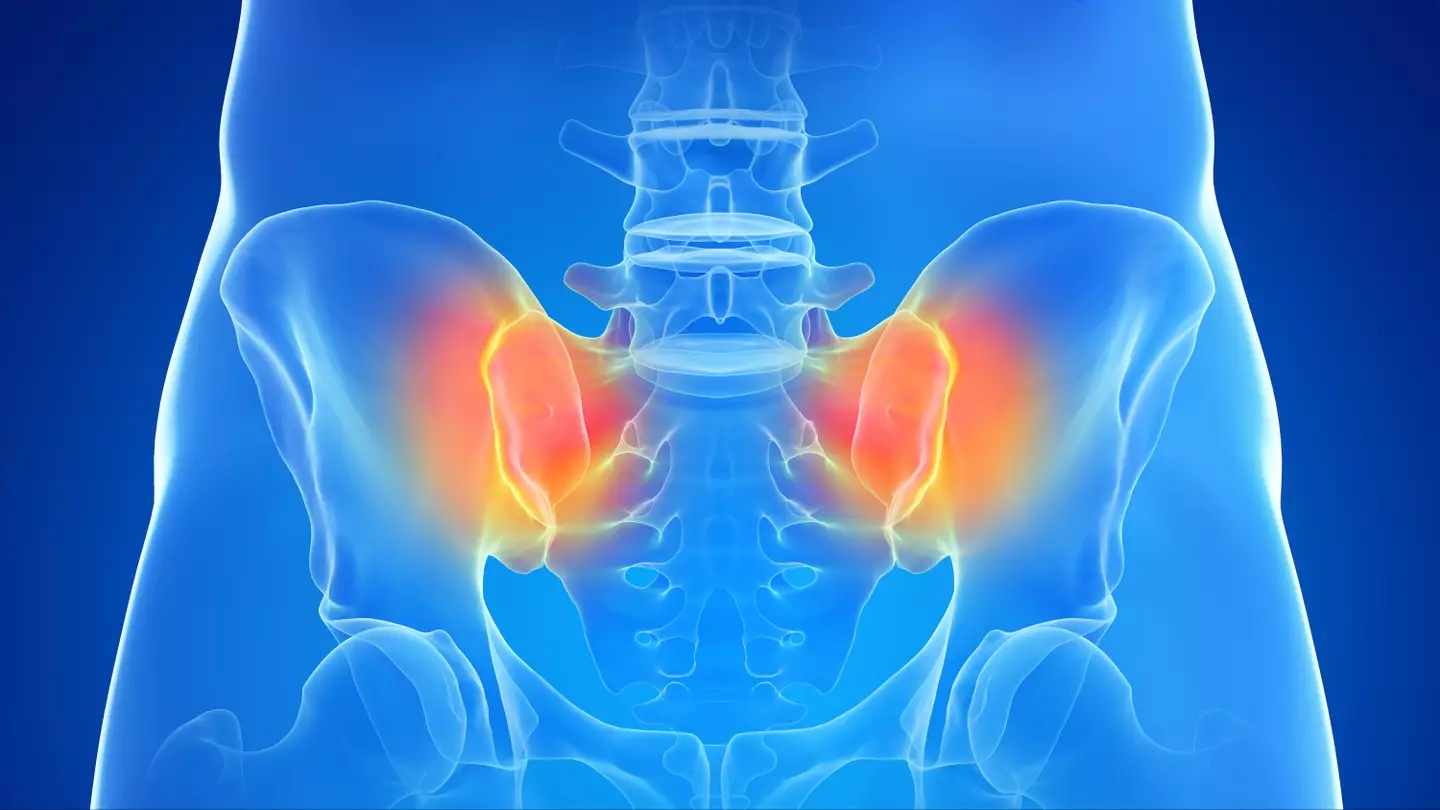
Sex and Relationships
Sex and relationships - the latest celebrity gossip and relationship advice, from dating disasters to the secret to a happy marriage.

The World Health Organisation issued cautionary message about the 'significant' growth of this preference

Pornhub have unveiled their annual Year in Review for 2025 - and the results are surprising

It's THAT time of year again...

The adult website's annual Year in Review is out

A sexologist outlined three things that affect our libido in the winter months

Google has released their most searched sex trends of 2025 and among them was 'gooning'

We've all been turning to Google this year to ask those awkward questions

A sexpert has explained how to talk to your partner about your kinks

It seems we've all been very worried this year judging by these search results

Here's everything you need to know about 'CNM' relationships
.jpg)
Experts broke down the science behind the orgasm

Adult entertainment provider Ersties also revealed the 'most requested' fetishes of the year...

As we're well and truly in the festive season, science says we could be in for another boom in conceptions over winter

Some GLP-1 medications have been linked to changes in both shape and size of a person's genitalia

If you're from Turkey and in a relationship, you may want to hold back on double tapping

He started a major discussion online after sharing his stance on the matter
.jpg)
Urgent warning over drug-resistant ‘super fungus’ as doctors reveal rash can be sexually transmitted
Cases of the 'super fungus' have surged by 500 per cent in the last three years

Many people are finding some surprising benefits from taking weight loss jabs

Weight loss drugs can affect more than your appetite for food

Research reveals that the online generation are wanting to have sex, but they’re abstaining for reasons which you might not have considered

1 to 6 out of hundred people are estimated to have this allergy

Gui Junmin allowed scientists to freeze his wife Zhan Wenlian's body after she died from lung cancer in 2017

While hormonal contraceptives like the pill are becoming less popular, fertility awareness-based methods are on the rise

It's a lot more common than you might think

